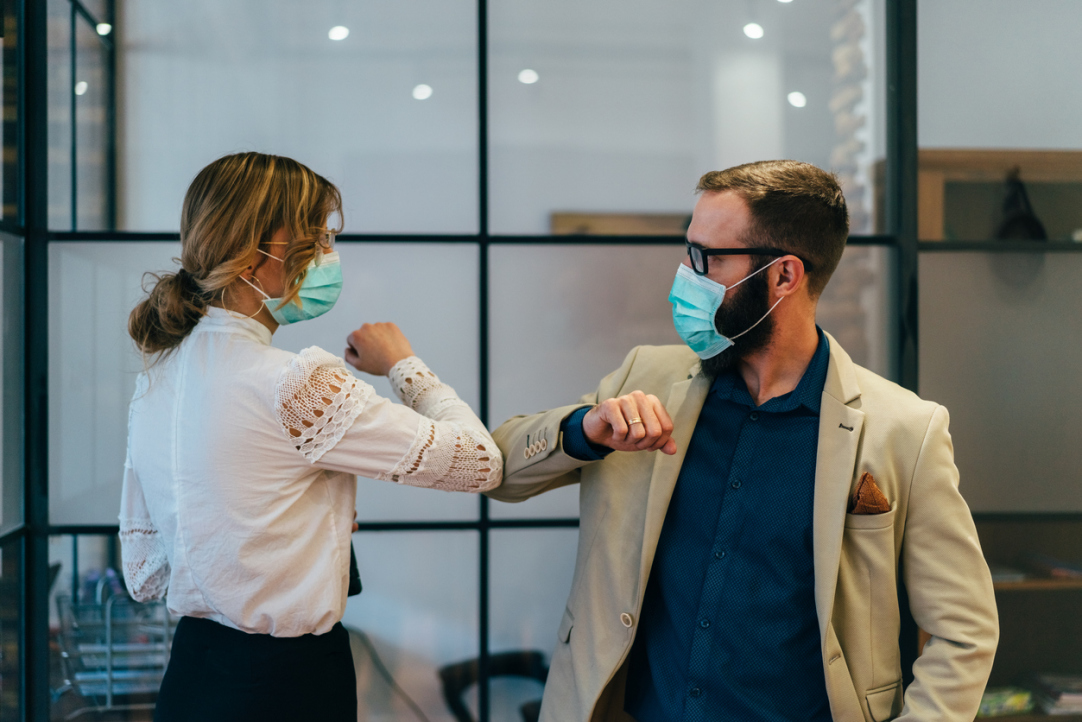
Trust in Mask: How COVID-19 Has Changed the Attitude of Russians to Each Other
As a result of the COVID-19 pandemic, when the whole country ended up in self-isolation, some people have to ask for support, others prepare themselves in readiness to provide it. Have Russians felt more cautious in recent months, or do people who have been forced to stay at home still remember how to trust and help? In order to find the answers to these questions, we can analyse the data from a new all-Russian survey conducted by HSE Centre for Studies of Civil Society and Non-Profit Sector.
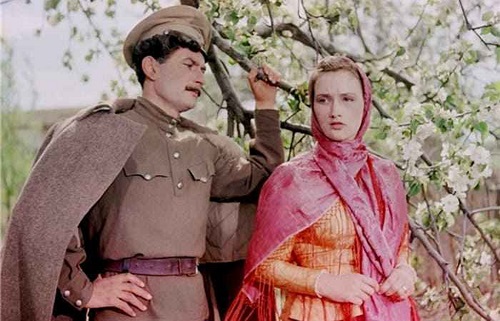
Authorship Proven by Mathematics
Marking Mikhail Sholokhov's 115th anniversary (1905-1984), linguists Boris Orekhov of the HSE and Natalya Velikanova of the Moscow State University confirmed his authorship of the epic novel about the Don Cossacks. The researchers were able to attribute the novel using the text distance measure proposed by John Burrows. Termed Burrows' Delta, it provides a simple and reliable method of attributing or confirming the authorship of various texts.
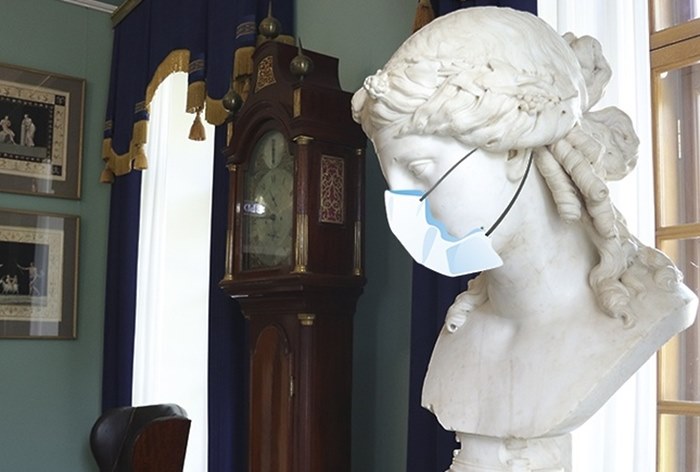
Museums Learn to Cope with Quarantine
Approximately six months before the introduction of restrictive measures, the Laboratory of Cultural Economics at the St. Petersburg campus of HSE began a study of how Russian and foreign museums conduct their online educational activities. The researchers released their initial findings in late January 2020, having managed to “take the temperature” of this market before the pandemic hit. Professor Valery Gordin and Research Associate Irina Sizova explain what it was like before the coronavirus crisis and how it will look afterwards.
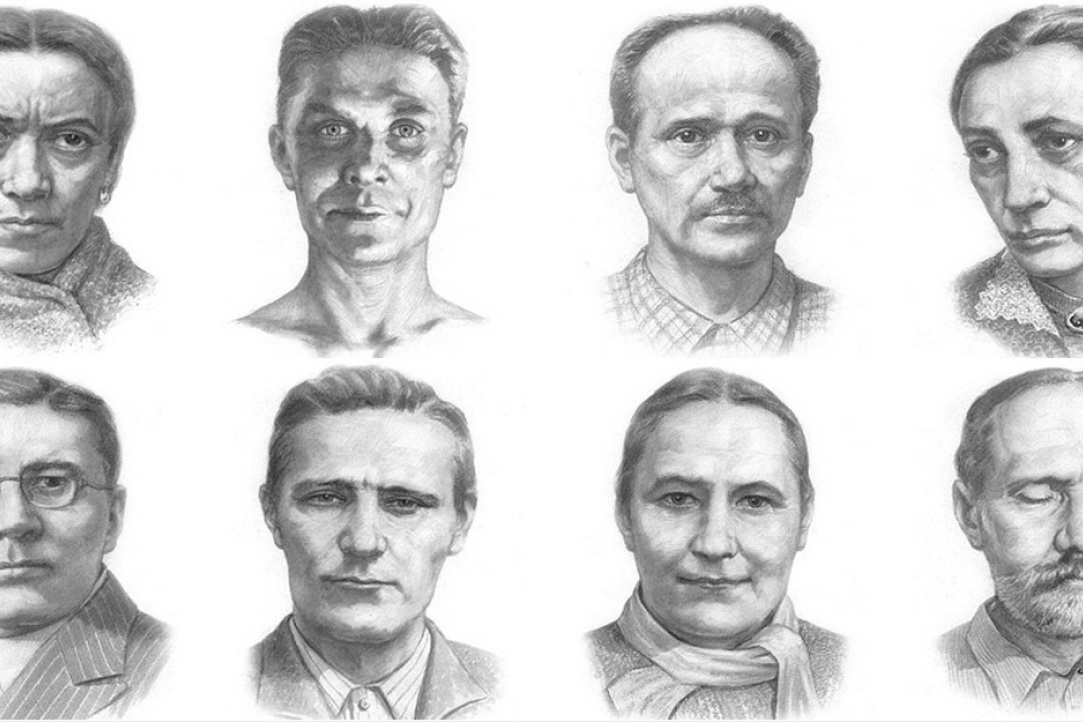
Neural Networks Can Now Make Personality Judgments Based on Our Photographs
Many people are able to recognize the personality traits of the person they are talking to by their facial features. Experts in non-verbal communication can do this even with a photograph. But is it possible to teach artificial intelligence to do the same?
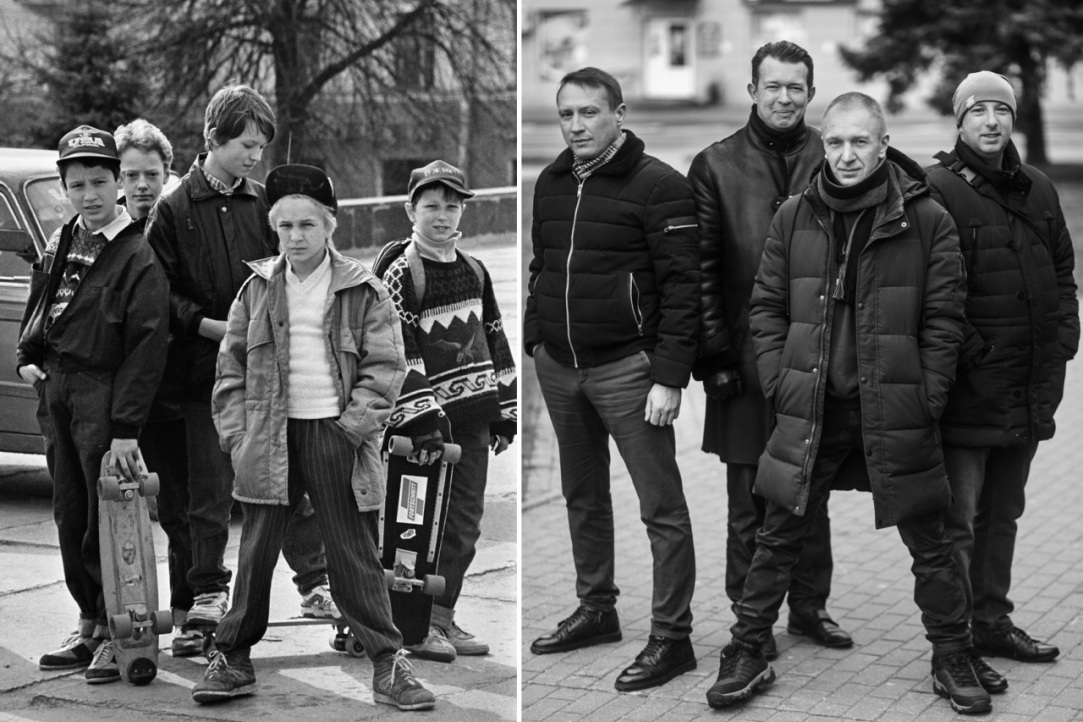
Children of Perestroika Turned out to Be Tougher than Children of the Sixties
Due to the COVID-19 pandemic, people around the world have faced an unprecedented crisis. The cataclysm has impacted Russia as well. Who will better deal the hardships—experienced baby boomers, Gen Xers who survived the 1990s, or Gen Yers who have had an easy life?
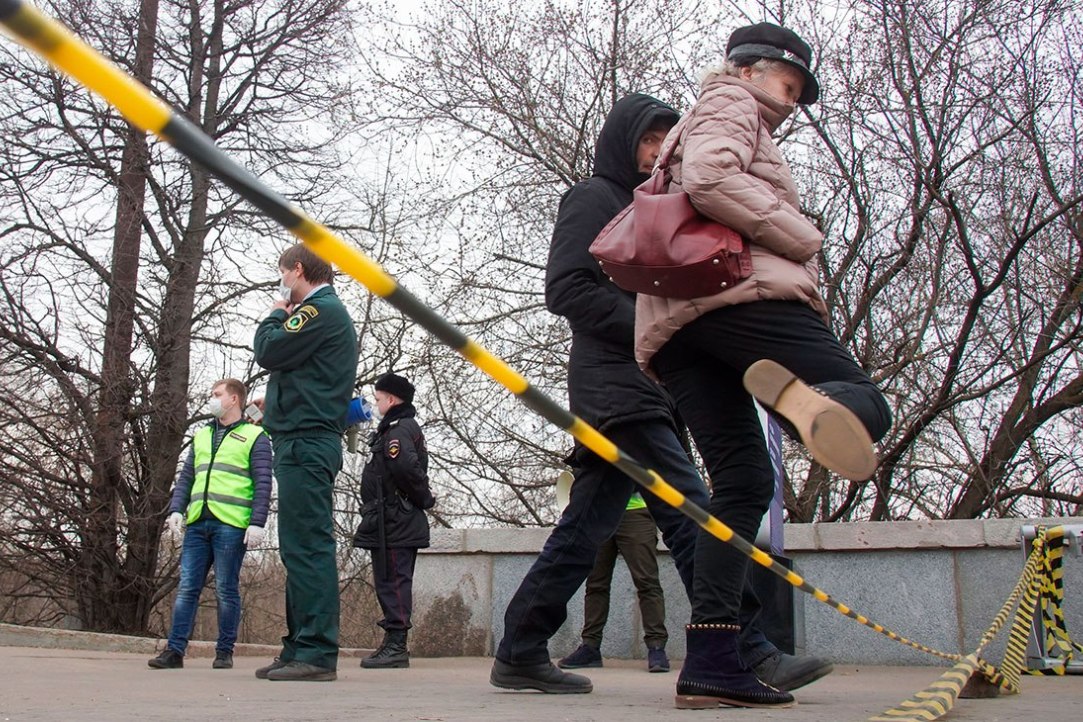
Everybody Ran and I Ran, Too
In lockdowns, why do some people stay home, while others violate the quarantine rules and go out for picnics in the park? Behavioural economics may provide the answer to this question. Oksana Zinchenko, a Research Fellow of the Institute of Cognitive Neuroscience, explains how we can predict people’s behaviour with game theory.
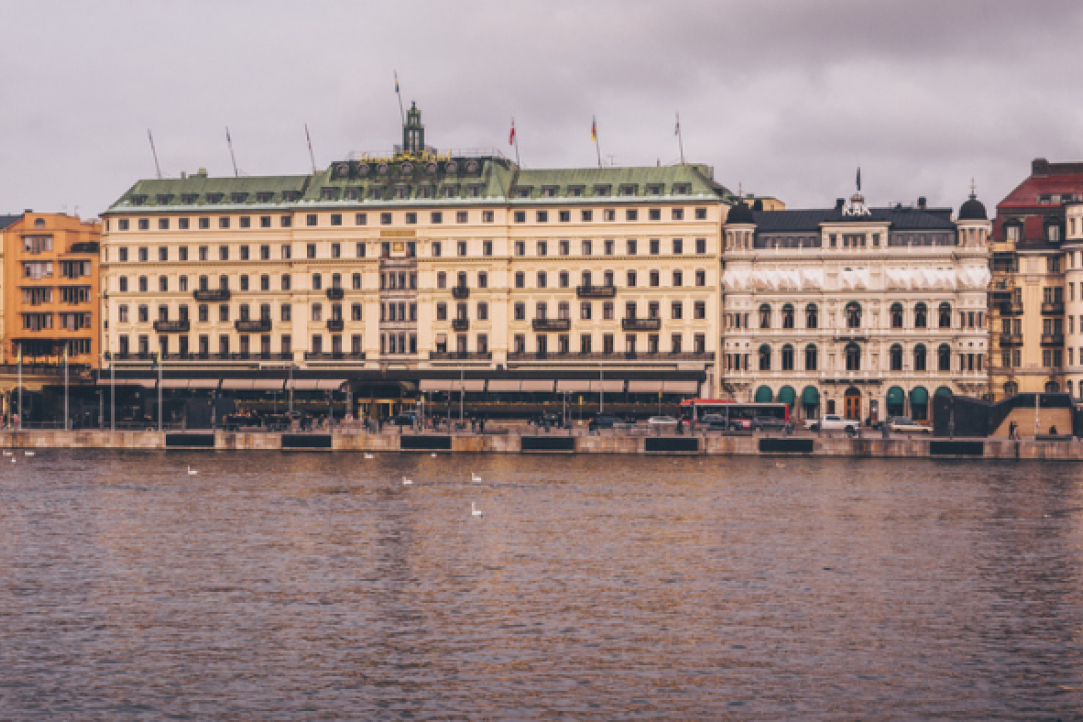
Stockholm COVIDians: The Origins and Results of the Swedish Model for Combating the Coronavirus
Sweden is the only country of the European Union that has not taken strict measures against the coronavirus pandemic. The country’s COVID-19 death rate is growing, unemployment is close to record high levels and GDP could fall by 10%. But does this prove that Sweden’s strategy is ineffective? The HSE School of World Economy invited experts to assess its implications for Swedish society.
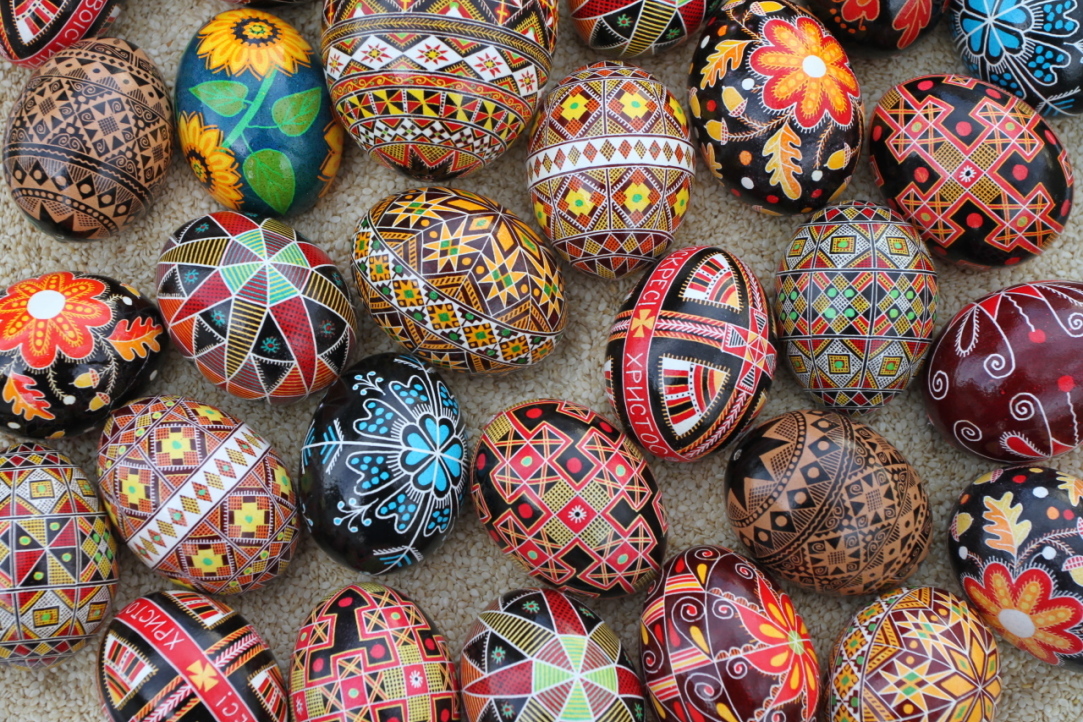
Painted Eggs of Joy: The Meaning and Purpose of Easter Eggs in Folk Practices
Why are Easter eggs painted red? What can be done with consecrated eggshells? How did eggs become part of traditional rituals? Folklorist Andrei Moroz told IQ.HSE about some popular beliefs associated with Easter.
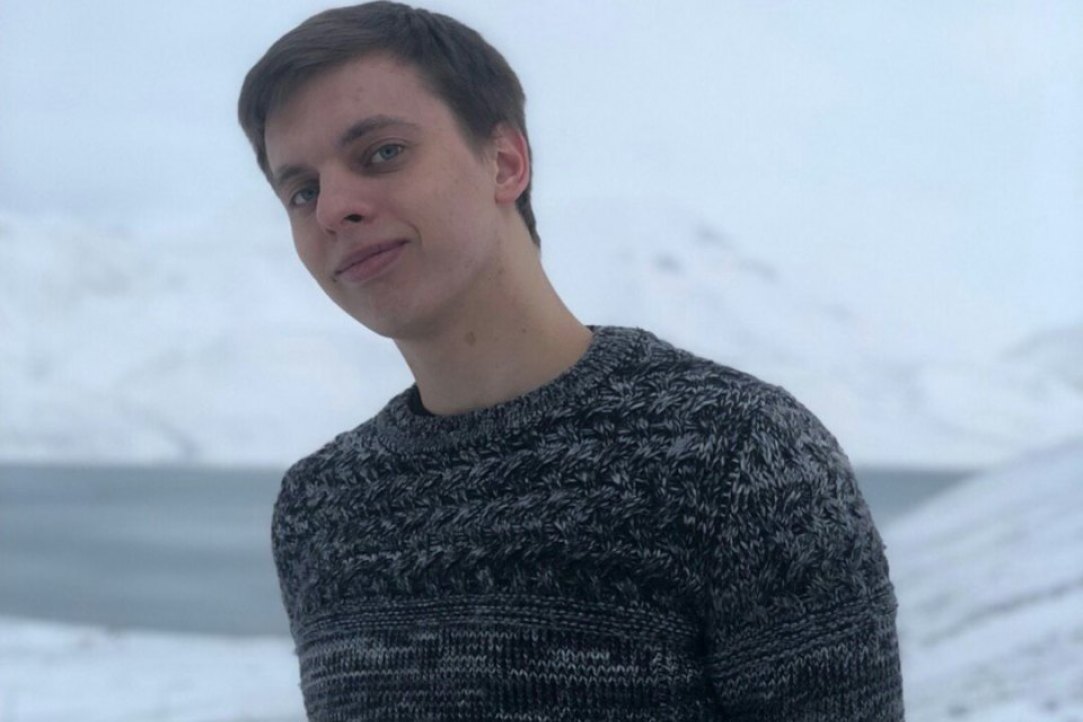
Mathematics for Politics: How to Model the Division of the Arctic Territories
Egor Borsuk from the HSE International Centre of Decision Choice and Analysis has developed a software that can resolve international territory disputes. He has tested the programme on the disputed Arctic region. The researcher spoke about his innovation at the 21st April International Academic Conference on Economic and Social Development and in an interview for IQ.HSE.
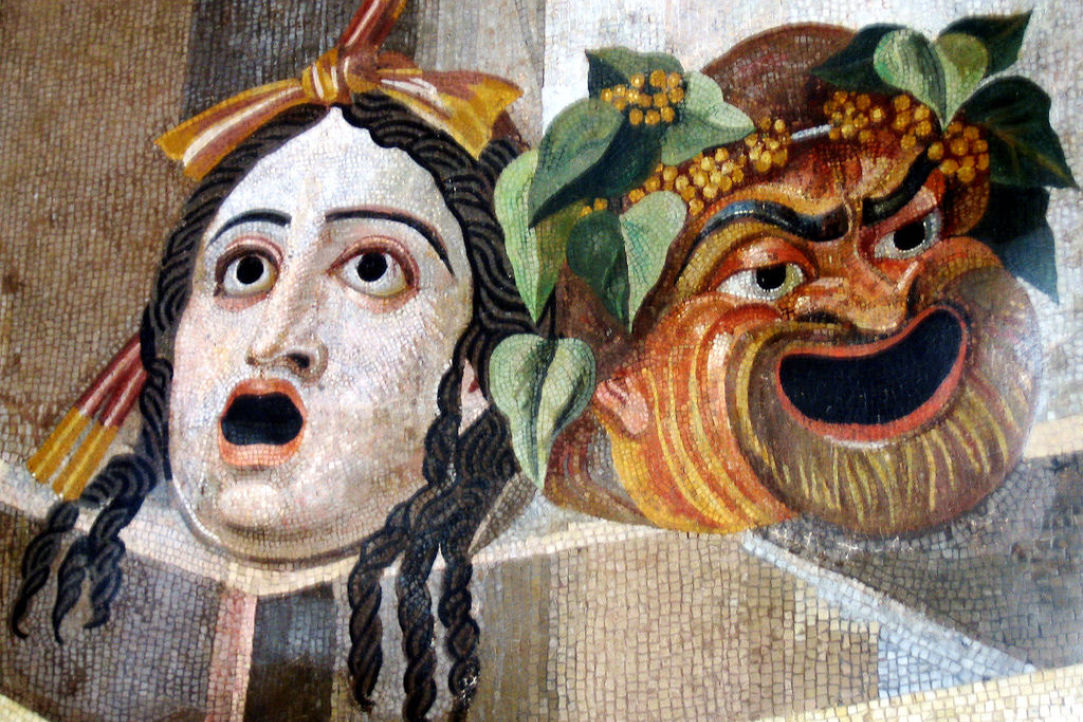
Emotional Must-haves: Which Feelings People Consider Most Important Today
People should radiate happiness but also be able to feel compunction; control themselves, but know when to give free rein to their feelings; love without suffering for it; and experience feelings of excitement and nostalgia without succumbing to emotional distress. Society adheres to a rather contradictory code for the expression of feelings or emotional imperatives. Feelings can lead to either a break in social ties or greater solidarity with others. In this article, IQ.HSE looks at emotional imperatives based on a report that HSE sociologist Olga Simonova presented at the XXI April Conference.


Application deadline: June 23, 2025